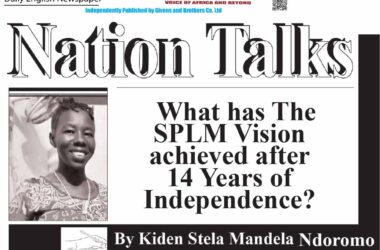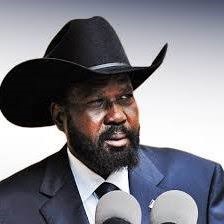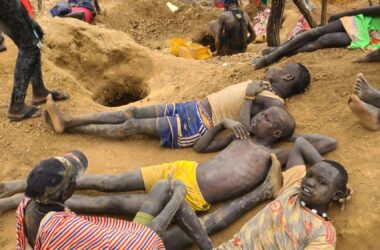By Kei Emmanuel
A women’s group in Eastern Equatoria State has accused some journalists of falsely reporting last week’s violent incident in Magwi County.
The violence resulted in deaths, property destruction, and the displacement of over 700 residents.
In a press release dated February 3, 2025, Eastern Equatoria State Women Intellectual stated that journalists colluded with armed cattle herders, allegedly from Jonglei State.
The journalists reportedly claimed that pastoralists from Jonglei-Bor “liberated” Nimule and Magwi County during South Sudan’s quest for independence, fighting under the Sudan People’s Liberation Army (SPLA) against Sudan.
The women’s group did not mention specific names of journalists involved in allegedly instigating the violence.
The women’s group emphasized that the war between Khartoum and Southern Sudan was a voluntary effort, with all South Sudanese participating in the liberation struggle.
“The violence was fueled by armed pastoralists, said to be from Jonglei State, and a group of journalists who strategically instigated the herders through the media,” the statement read. “Their claims that they liberated Nimule and Magwi County are provocative and have exacerbated violent confrontations, causing immense suffering,” the statement read in part.
The women’s group described the people of Eastern Equatoria State as peace-loving and having coexisted with various communities from across the country.
They called for a thorough investigation of last week’s bloody attacks on the pastoralists and residents of Magwi County.
The Women’s Intellectual further condemned the malicious media propaganda, saying it aimed to defame the state’s reputation.
Responding to social media reactions regarding the Magwi County cattle camp attack, which resulted in over 30 deaths, Deng Dau Deng, Chairperson of the Greater Bor Parliamentary Consensus at the Transitional National Legislative Assembly, stated that reckless social media use could lead to retaliatory attacks and the killing of innocent civilians.
The legislator warned that the current situation could escalate, similar to what happened in Wad Madani.
He called on affected communities, particularly those whose houses were burned and livestock raided, to embrace love, unity, and peace.
“The level of hate speech coming from each group is deeply concerning and must be condemned,” Dau said. “We all know the potential harm social media can generate. Lives have been lost, and people displaced. There is no reason to escalate this violence online. Let’s embrace togetherness as one nation.”
Meanwhile, the First Deputy Speaker of the Transitional Legislative Assembly, Rt. Hon. Nathaniel Oyet Peri noted that hate speech has surged on social media platforms like WhatsApp, Facebook, and TikTok since the violence erupted in Magwi County.
He urged the public to refrain from spreading incitement, as the executive branch of the government and leaders from Jonglei, Eastern, and Central Equatoria States are meeting to address the violence.
Oyet stated that the government is monitoring social media platforms and will hold violators accountable.
“Those on Facebook and WhatsApp spreading hate speech—we see these speeches, and we hear their voices, though we may not know their faces,” Oyet stated. “Incitement and spreading hate speech that threatens the security of persons and properties is punishable under our penal code.”
South Sudan recently implemented a temporary 30-day ban on social media platforms like Facebook and TikTok.
The National Communication Authority (NCA) implemented the ban due to concerns about the spread of graphic content related to violence against South Sudanese citizens in neighboring Sudan.
Despite the ban, many South Sudanese continue to use social media via virtual private networks (VPNs), indicating resistance to government restrictions.



